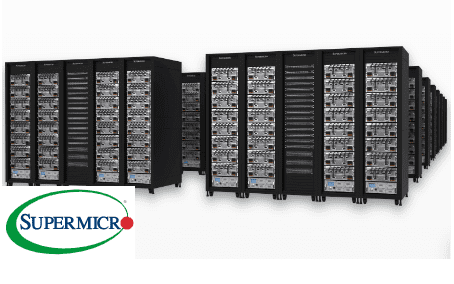3 No-Brainer High-Yield REIT Stocks to Buy Right Now
The average real estate investment trust (REIT) has a yield of around 4%. You can do much better than that with investments in Realty Income (NYSE: O), Vici Properties (NYSE: VICI), and Rexford Industrial (NYSE: REXR). The risk rises with each of these companies, but so does the potential for dividend growth. Here's a quick look at why it could be a no-brainer decision to buy each one right now.Of these three REITs, Realty Income is by far the least exciting. It owns single-tenant properties for which the tenant is responsible for most property-level expenses (also known as a net lease). Around 75% of its rents come from retail assets, which tend to be very similar and, thus, easy to buy, sell, and release as needed. With over 15,600 properties spread across the United States and Europe, there's a lot of diversification in the portfolio.Size, however, is both a benefit and a problem here. While Realty Income's scale is a key factor in its reliability (it has increased its dividend annually for three decades), it also means that slow growth is the norm. The well-above-REIT-average yield of 5.6% is partly a function of this fact. However, if dividend consistency is important to you, it's hard to beat this boring REIT. As an added bonus, Realty pays out the dividend monthly; so it's almost like a paycheck replacement for those who are retired.Continue reading

The average real estate investment trust (REIT) has a yield of around 4%. You can do much better than that with investments in Realty Income (NYSE: O), Vici Properties (NYSE: VICI), and Rexford Industrial (NYSE: REXR). The risk rises with each of these companies, but so does the potential for dividend growth. Here's a quick look at why it could be a no-brainer decision to buy each one right now.
Of these three REITs, Realty Income is by far the least exciting. It owns single-tenant properties for which the tenant is responsible for most property-level expenses (also known as a net lease). Around 75% of its rents come from retail assets, which tend to be very similar and, thus, easy to buy, sell, and release as needed. With over 15,600 properties spread across the United States and Europe, there's a lot of diversification in the portfolio.
Size, however, is both a benefit and a problem here. While Realty Income's scale is a key factor in its reliability (it has increased its dividend annually for three decades), it also means that slow growth is the norm. The well-above-REIT-average yield of 5.6% is partly a function of this fact. However, if dividend consistency is important to you, it's hard to beat this boring REIT. As an added bonus, Realty pays out the dividend monthly; so it's almost like a paycheck replacement for those who are retired.






























































































































































































